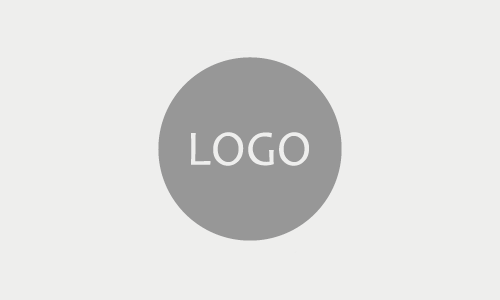CIIMAR4society
- Portugal,Matosinhos, Porto
- 2014

| Time frame | |
| Categories | |
| Level of Schools | |
| External Partners | |
| Type of Schools | |
| URL | |
| Number of Schools involved | |
| Number of Schoolheads involved | |
| Number of Teachers involved | |
| Number of Students involved | |
| Number of Parents involved | |
| Number of External Partners involved |
“CIIMAR4society” is improving the knowledge and public perception of science, aquatic biodiversity and conservation. The “Interdisciplinary Centre of Marine and Environmental Research (CIIMAR)” has an extensive and exciting Outreach Programme addressed to all society sectors: national and international ocean literacy and science dissemination campaigns, school visits to CIIMAR and the development of scientific activities or lectures at schools.
Improve the knowledge and public perception of science, aquatic biodiversity and conservation.
CIIMAR has an extensive and exciting Outreach Programme addressed to all society sectors: national and international ocean literacy and science dissemination campaigns, school visits to CIIMAR and the development of scientific activities or lectures at schools.
CIIMAR4all is responsible for the development and implementation of some Ocean Literacy and science dissemination campaigns, such as Ocean Action, OceanLab and Ponds with Life. It also develops exhibitions (15 editions in 2019) the CIIMAR Open Day every year (11000 visitors in 2019).
School visits to CIIMAR and the development of scientific activities or lectures at schools are open since 2014 with an increasing number of schools and students involved (80 schools and 3200 students in 2019).
The program presents a large diversity of science activities inside a Research Institute where the pupils are invited to visit it and try many lab experiments. The visitors can also get a perspective of the important impact of this Research Unit about marine sciences in the society.
CIIMAR4society encompasses a series of didactical concepts that include hands-on activities, lectures, “chat with a researcher” sessions, internships, exhibitions, lab visits, on-line didactic tools (videos, games, etc), open days with science.
CIIMAR4society actively works on the relationship between society and the scientists especially by the small internships we establish with schools that allow the students to individually experiment the global environment of working, and leisure at CIIMAR. Also, the R&D centre involves all the researchers on the implementation of the annual CIIMAR open day by creating quick scientific experiments in location, but also non-scientific content such as food workshops, storytelling, underwater photos, building a tide simulator, etc.
Hand skills are an important part of the project, hands-on material is used in order to deliver and implement the activities: lab activities, classroom activities, fieldtrip activities.
The project works on including all the locally defined minorities, especially local disadvantaged social background groups.
Activities of this project usually involves a combination of biology, chemistry, biochemistry, informatics, physics, environmental sciences.
Activities of this project usually involves a combination of scientific and practical knowledge that simultaneously requires knowledge of biology, chemistry, biochemistry, informatics, physics, environmental sciences, maths and/or English.
CIIMAR has the privilege to be located at the Porto Terminal Cruise building, which allows it to be and develop activities in the centre of marine and maritime movement: fishing, traveling, sea sports, sea leisure activities (like beach leisure or beach related activities), science, harbour management, sea related business (restaurants, canning industry, surf schools). CIIMAR also manages all the activities of two local Centres for Environmental Monitoring and Interpretation (Matosinhos and Vila do Conde).
The project is mainly supervised by the members of the Communication and Outreach Office and the CIIMAR board of directors.
The project is also collaborating with citizen science projects that encourage people to have an active voice in science.
CIIMAR has been conducting many educational activities regarding marine sciences and has high quality facilities and labs. Portugal has a huge coast - we recognize the importance of this Research Institute on this field of science, showing the society its importance regarding the oceans and the marine life. The close collaboration with other initiatives of the University of Porto, such as Junior University and the U. Porto Fair has been a good example of working together with same purposes: enthusiasm of youngsters towards science and showing them different perspectives for the future.
All the members of CIIMAR have an enhancement through the project by developing scientific communication skills, develop new ways of delivering scientific messages and contribute to scientific literacy.
The project is mainly implemented by the members of the Communication and Outreach Office and a team of volunteer researchers that are happy to help.
